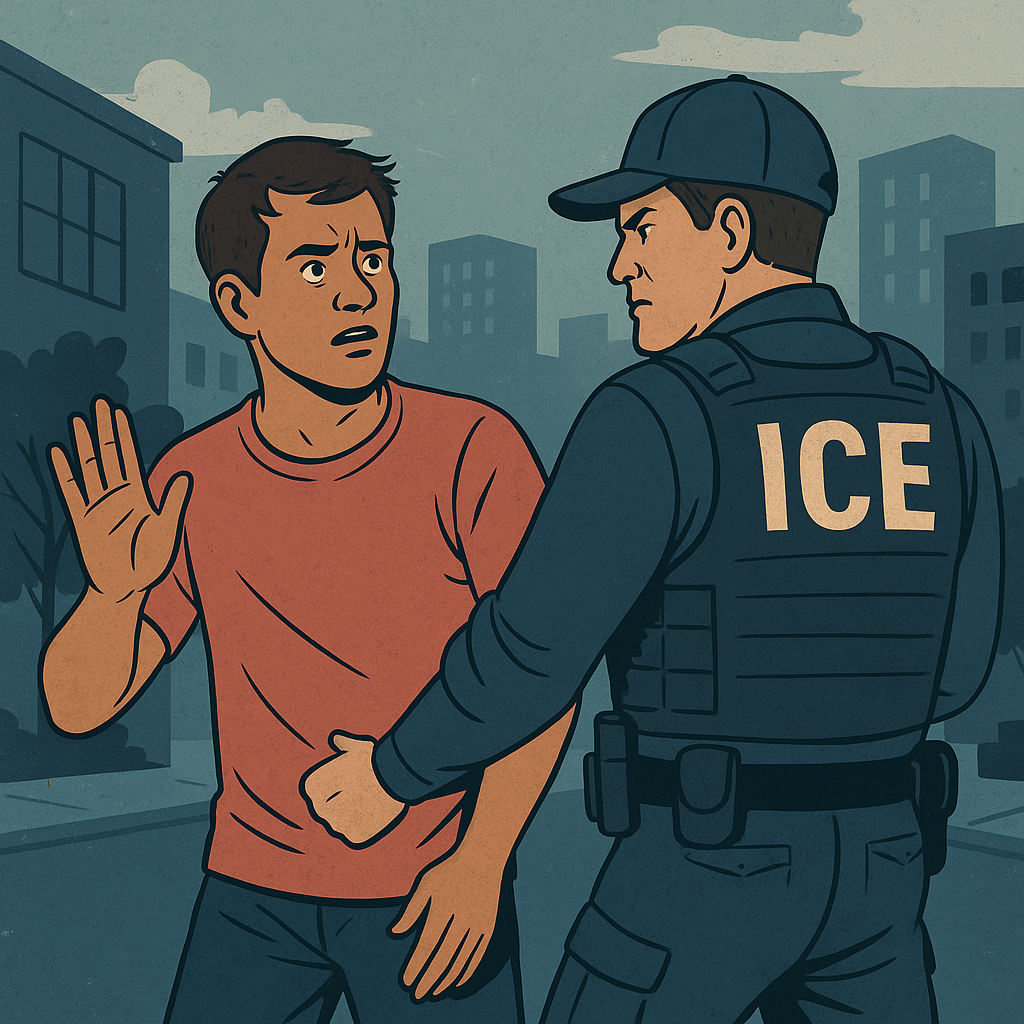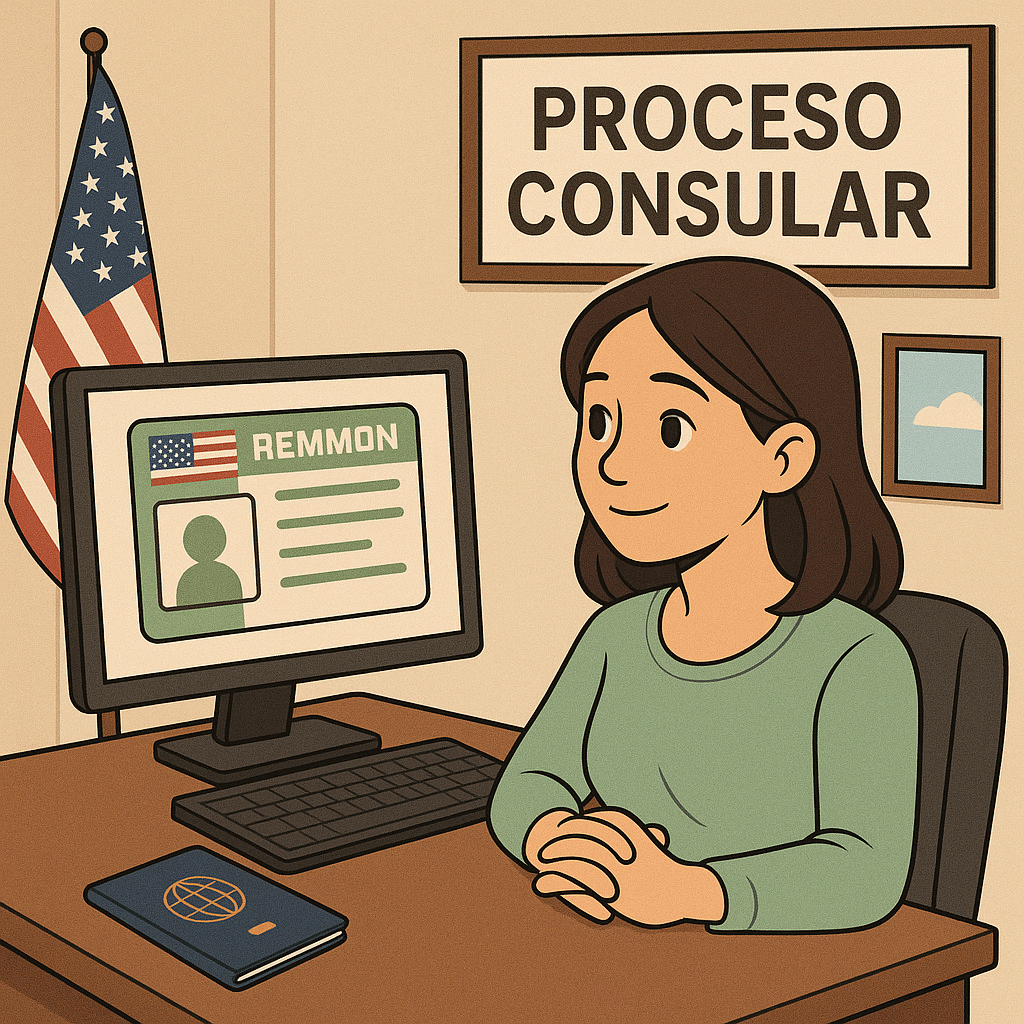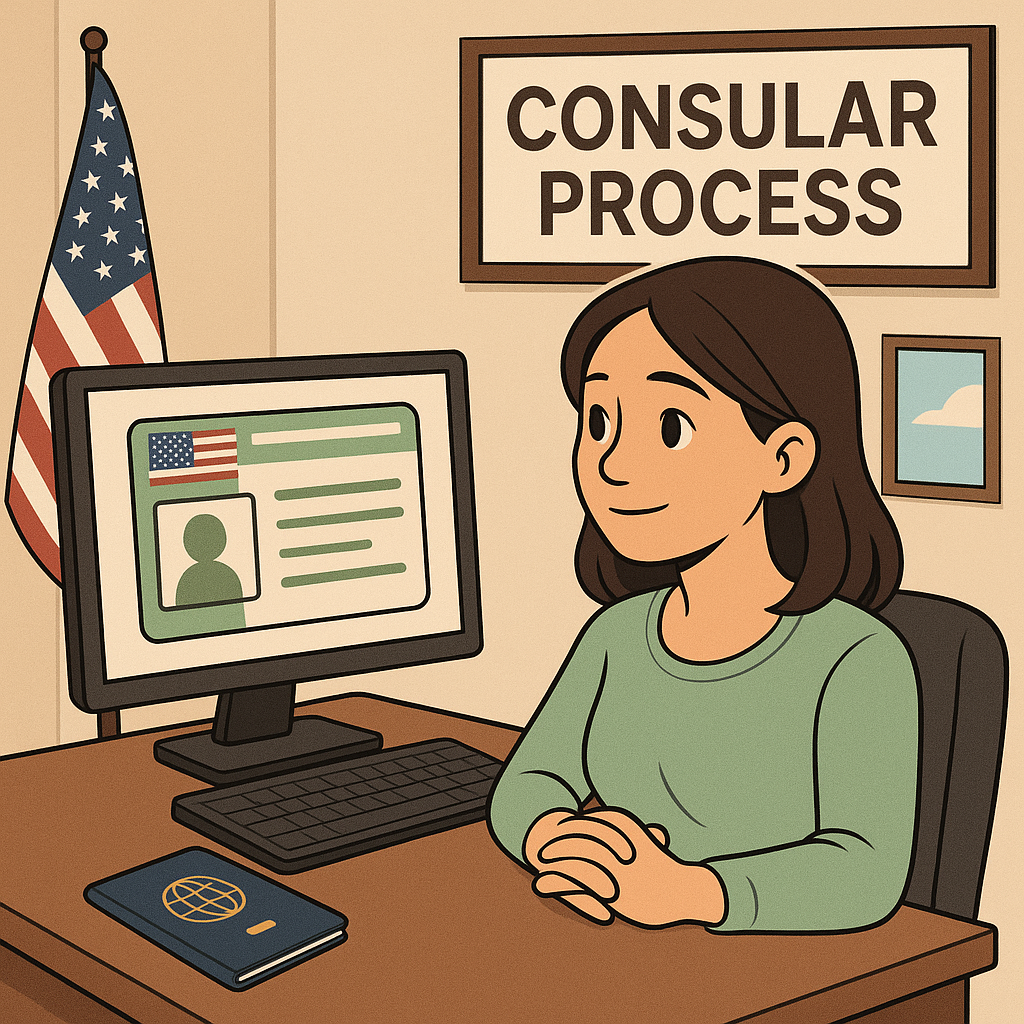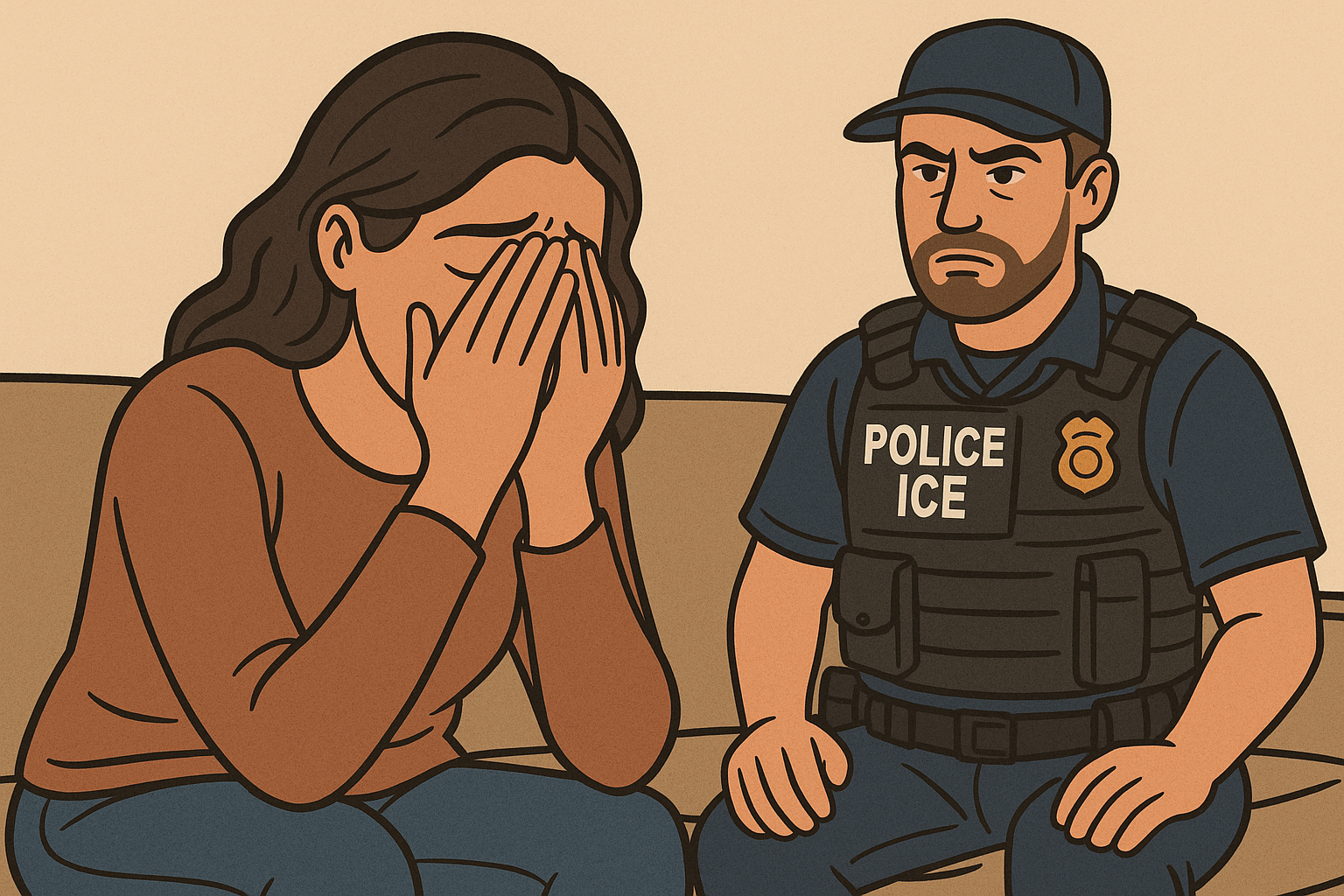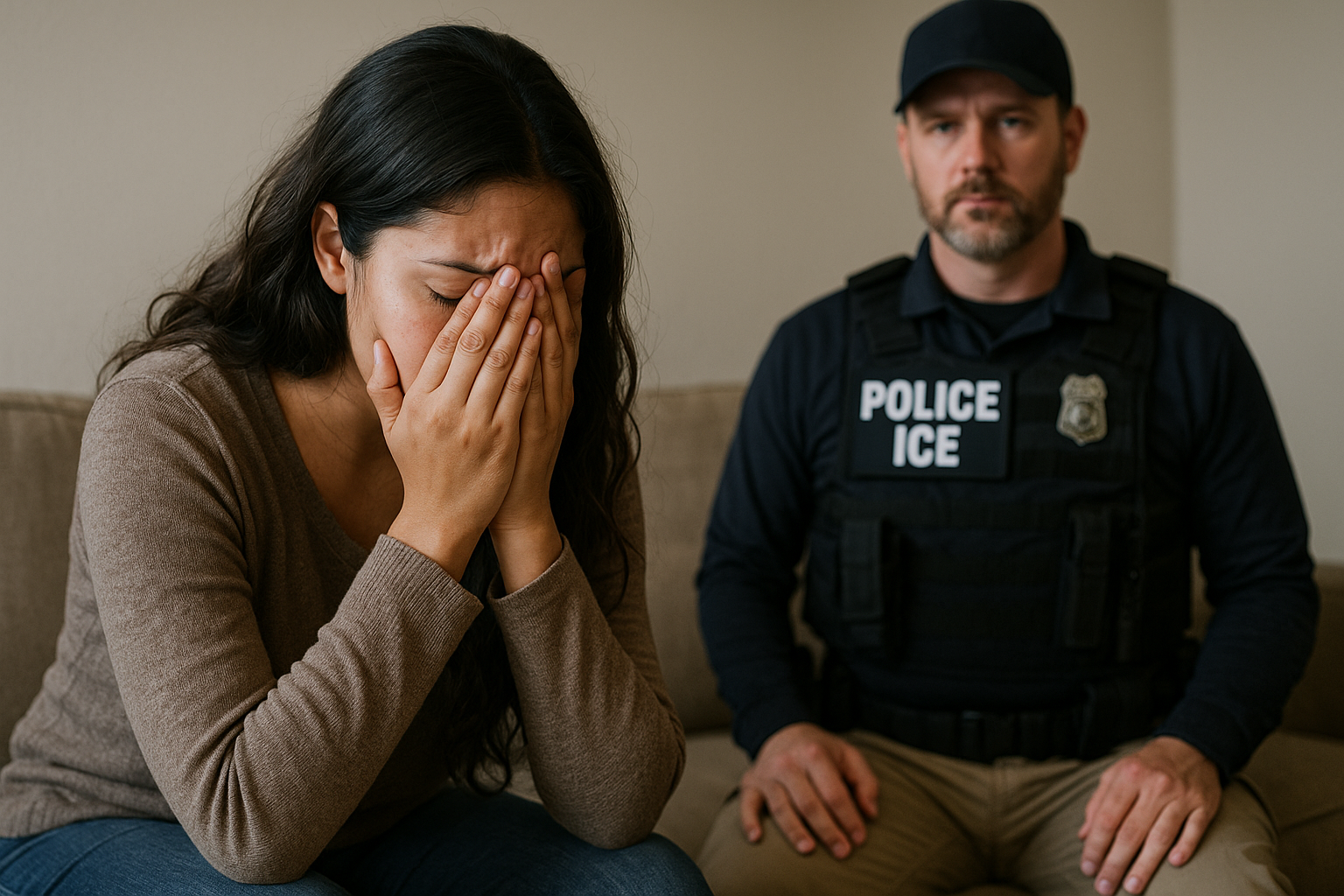BLOG

Welcome to our new website! This site has been professionally designed to be responsive and mobile friendly, so it looks great and is accessible no matter what type or size of device you are using. Our new website also has an integrated Client Portal, meaning you are able to access your case documents, correspondence, and calendars directly from our website! If you have any questions, don’t hesitate to contact us today.
Como abogada de inmigración, una de las preguntas más frecuentes que recibo es cómo un hijo adulto ciudadano de los Estados Unidos puede ayudar a sus padres que no son ciudadanos a convertirse en residentes legales permanentes. Desafortunadamente, las leyes de inmigración en los Estados Unidos son complejas, y la respuesta no siempre es sencilla. La respuesta es: tal vez.
A United States Citizen Child who is twenty-one (21) years old or older can file a "Petition for Alien Relative" on Form I-130. A Family Petition is a form that only establishes the family relationship that exists between the parent and the child. To start a residency application, a Non-Citizen (of the United States) needs to prove that they have a "qualifying relative," or rather, that there is a family relationship that exists to make them eligible to apply to become a legal permanent resident. If a a Non-Citizen can prove that they have a United States Citizen Child who is over the age of twenty-one (21), then their Family Petition on Form I-130 will be approved. However, an approved I-130 Petition only means that a relationship exists that would allow a person to submit another application to become a resident (if they qualify for that other application).



